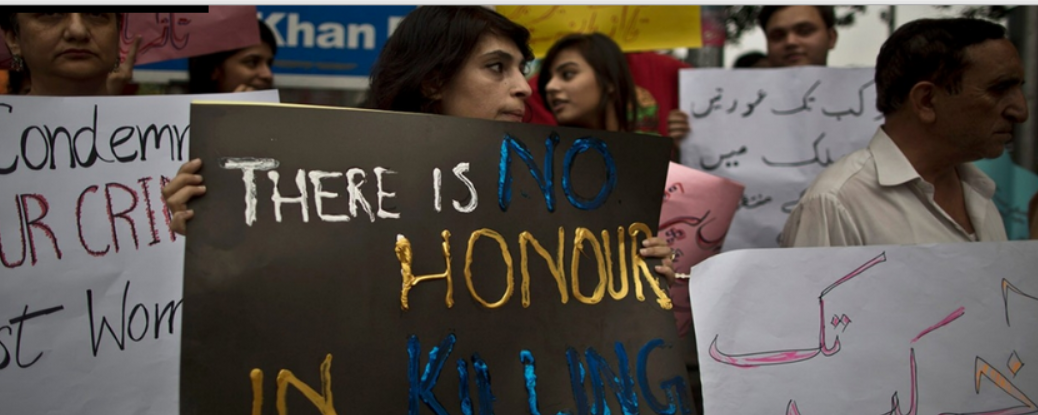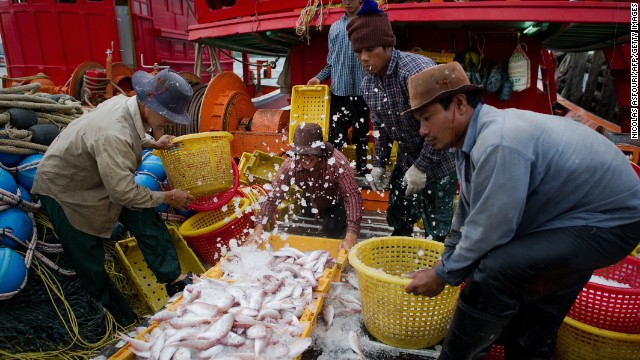By Hojin Choi
Impunity Watch Reporter, Asia
KABUL,Afghanistan – The Afghan election commission announced that presidential candidate Ghani won 56.4% of the vote in the runoff contest, and another candidate Abdullah earned 43.6%. During the initial contest, Abdullah had won the first round getting 45% against Ghani’s 31.6%. Although Ghani received the majority of the votes in the runoff, the validity of results is still unknown because millions of ballots are suspected of fraud.
Abdullah and his supporters officially rejected the result of the election. “We consider this as a coup against people’s votes,” said a spokesperson for Abdullah’s camp. Abdullah said during a TV news conference that he will not accept the election’s result unless the fraudulent votes are separated from the clean votes. Abdullah also insisted that outgoing president Hamid Karzai, Ghani, and the election commission colluded together against him.
Millions of ballots may be subjected to review. The Independent Election Commission acknowledged that vote rigging had occurred. The commission said nearly 23,000 polling stations and 1,930 ballot boxes would be audited, and the audit includes regions where the turnout was estimated as 100%.
Ghani claimed his grass-roots mobilization got voters out, despite mounting violence during the runoff.

Some of Abdullah’s supporters warned of “widespread civil unrest” and suggested establishing “parallel governments.” Ghani rejected this suggestion and said “talk of parallel governments will remain in the level of talk, because the historic responsibility that his excellency Dr. Abdullah and I as people who have submitted ourselves to the will of the people of Afghanistan have is to ensure the stability of this country and the legitimacy of the regime to which we have devoted our lives.”
U.S. Secretary of State John Kerry warned both camps against trying to seize power. “There is no justifiable recourse to violence or threats of violence, or for resort to extra-constitutional measures or threats of the same,” Kerry said. “Any action to take power by extralegal means will cost Afghanistan the financial and security support of the United States and the international community.” Kerry added that the suggestion of parallel governments is a grave concern.
The Independent Election Commission emphasized that the announcement of tentative results is not a declaration of winner. Afghan Chief Electoral Officer Ziaulhaq Amarkhil was accused by Abdullah’s camp of fraud, and Amarkhil resigned immediately after releasing the results. He has denied any wrongdoing.
For more information please see:
Impunity Watch – Afghan Presidential Runoff Peppered with Over 150 Terror Attacks – 16 June 2014
New York Times – Tentative Results in Afghan Presidential Runoff Spark Protests – 7 July 2014
Wall Street Journal – Ghani Leads Afghan Vote, But Fraud Charges Hang Over Results – 8 July 2014
CBS – Afghan presidential candidate Abdullah Abdullah rejects election results – 8 July 2014
Washington Post – Afghan presidential candidate Abdullah preemptively rejects election results – 6 July 2014
CNN – Ghani leads Abdullah in Afghan election, officials say – 8 July 2014
Reuters – Afghanistan’s Abdullah rejects election result as ‘coup’ against people – 7 July 2014


